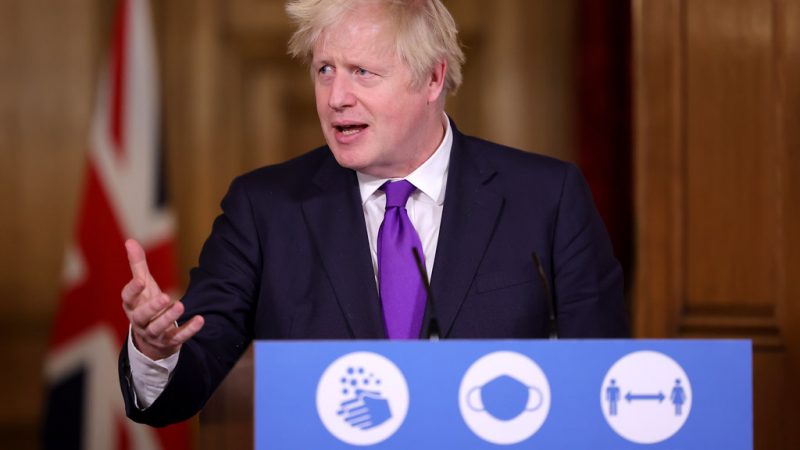
This was the Prime Minister’s moment. Never has social care been so prominent in the national conversation than the preceding few years. So much so, Boris Johnson used his last big moment, upon entering Number 10, to proudly proclaim on the steps of Downing Street that he had a plan to fix social care. The chaos, the media briefings, the disquiet on the Conservative benches in recent weeks all show his claim was nothing short of a lie.
Perhaps the biggest lie of all was that Tuesday’s announcement set out a plan for social care. Instead, it was a plan to help clear the backlog within the NHS – and although that, too, is essential, it cannot be packaged as a plan to fix social care. Local government leaders and officers would have been looking on in utter disdain; excluded from the conversation, ignored, starved of funding, and forgotten as the primary commissioners and providers of adult social care services.
It is plain to see that Westminster politicians do not understand social care, nor do they seek to understand it. The consequences are and will be grave. On the back of the Prime Minister’s announcement, most of the nation’s press are exclusively focused on the increase of National Insurance, the elective care backlog, and the capping of care costs. But this lets the Prime Minister off the hook on social care.
Of course, funding, the NHS and care costs are important aspects of addressing the crisis in social care in the round. A rise in National Insurance Contributions is regressive, unfair and represents a tax on working people to pay for a problem over 40 years in the making.
Once again, however, social care is left as the poor relation. A resource-hungry NHS will always win in the world of false choices created by this government. The facts bear this out, with social care set to receive only £5.4bn over the next three years of the £36bn raised. Local government leaders, you can bet your social care precept is here to stay.
While the discourse centres on the Conservatives’ manifesto-breaking announcement, it misses wider fundamental questions that remain for a sector stuck in an almighty rut. As Greater Manchester mayor Andy Burnham put it, “a cost cap on a broken system is not a solution”. The hard truth is that this broken system requires multiple solutions.
Firstly, the care workforce. The problems facing the workforce are multi-faceted and cannot be overstated. Poor pay, terms and conditions (as we see with sleep-ins), alongside a lack of training opportunities, are exacerbating the job retention and vacancy crisis we see right across the sector.
To this end, taking on the bigger care providers is a must. Some care providers may operate on fine margins and most suppress the wages of their staff. Some workers, like domiciliary care staff, are paid below the national minimum wage based on bogus calculations for travel time. Care workers are leaving the profession to work in hospitality and in call centres. Ultimately, they are underpaid and undervalued. Many larger providers have the resources to improve the material circumstances of their staff but choose not to.
Serious questions remain as to whether the market has the answers. The instability in the care home market is unsettling many councils, cabinet members and directors, with high under-occupancy rates. Demand for domiciliary care has rocketed and caught the market off-guard, and many who want to remain in their home cannot get the bespoke support they require, with workers buckling under an unsustainable amount of pressure.
Let’s also not forget that social care is not just older people. It can often be disabled working-age adults who need bespoke packages of support from social services – again, work undertaken by our local councils.
Amid the hype around Tuesday’s announcement, we may be forgiven for missing that the Secretary of State for Health and Social Care will be introducing a white paper later in the year to better integrate health and social care services. Given the lack of priority given to social care in the current spending plans, anyone who truly cares for adult social care and its workforce should be worried.
As a former local government worker, I can say with certainty that councils cannot be absent from the national conversation. With a national government that does not understand social care, it will inevitably be left to local government to pick up the pieces.




More from LabourList
‘Security in the 21st century means more than just defence’
‘Better the devil you know’: what Gorton and Denton voters say about by-election
‘Unity or division’: Starmer’s message to voters in Gorton and Denton